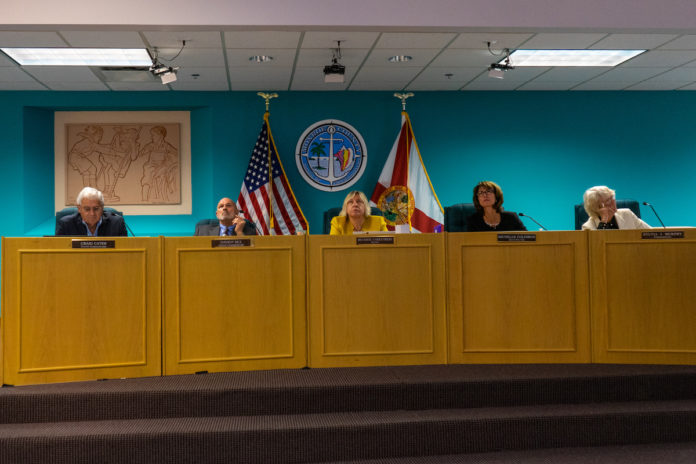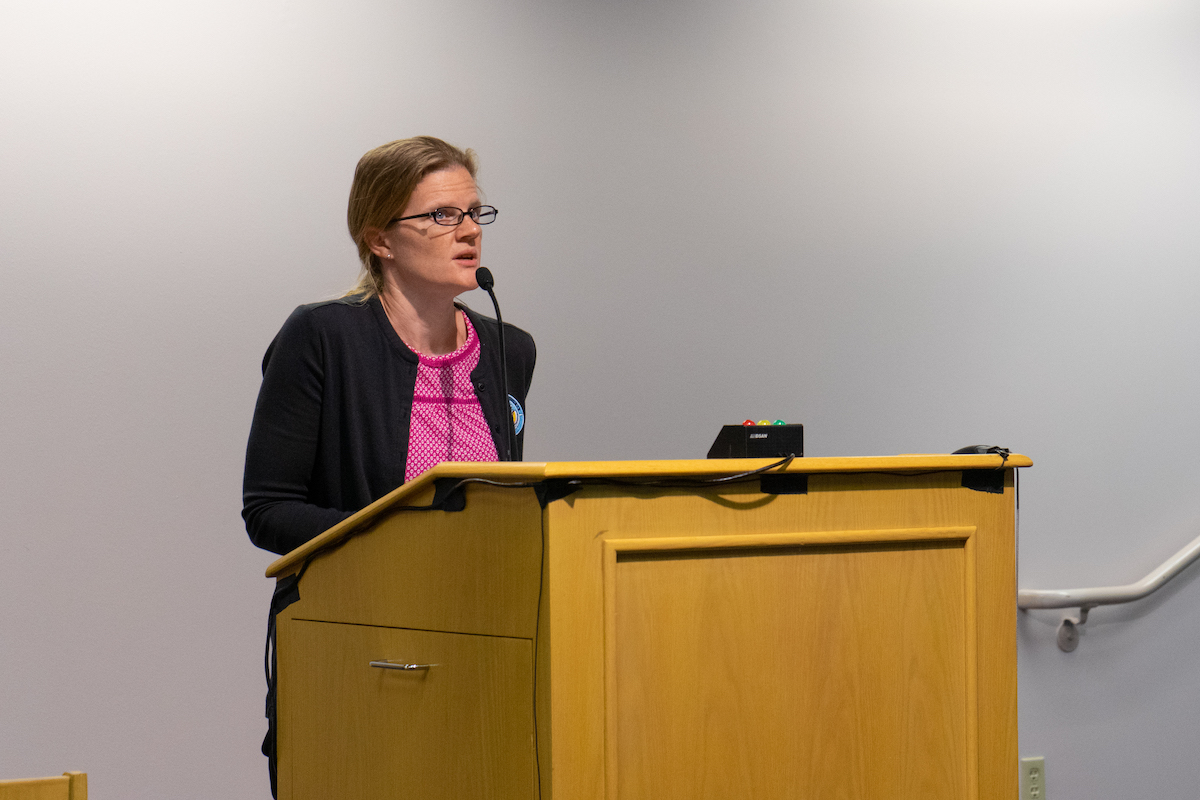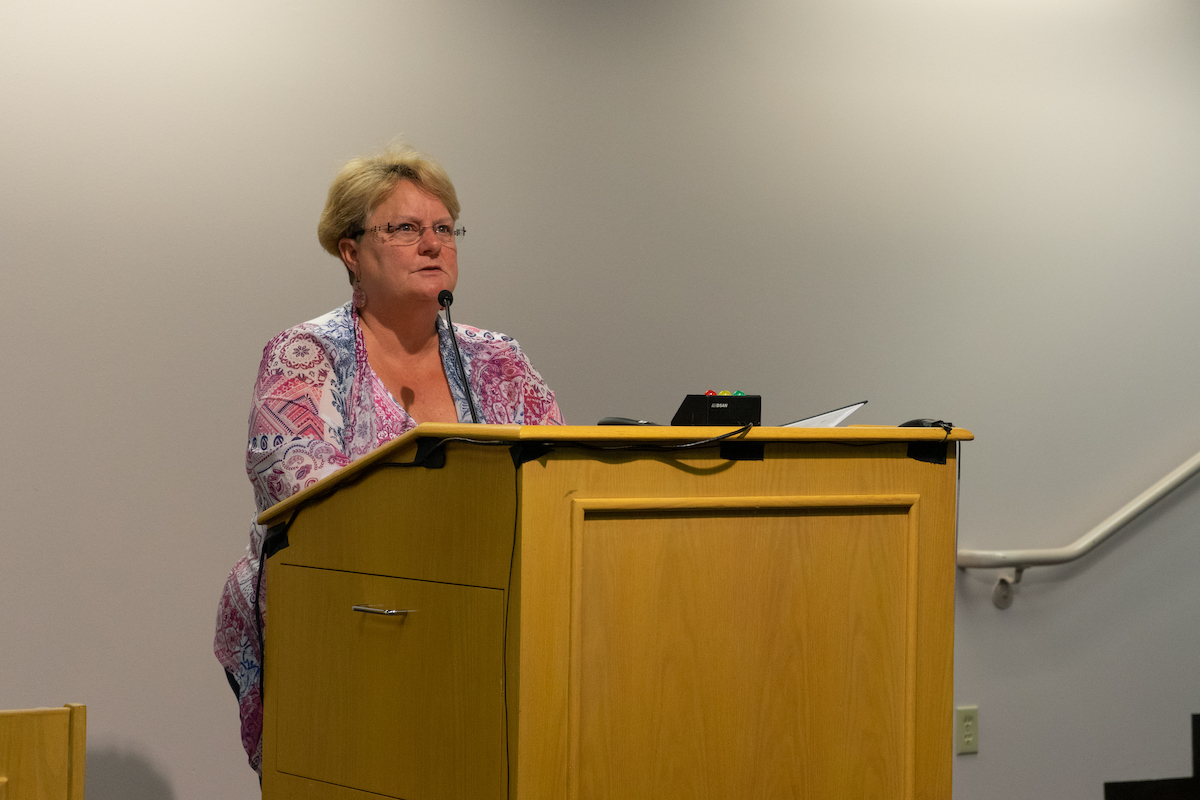
To take or not to take? That’s been the perennial question before the Monroe County Board of County Commissioners when discussing the county’s share of the 1,300 affordable ROGO allocations from the state of Florida.
In May 2018, as a response to Irma and the shortage of workforce housing, then-Gov. Rick Scott allocated 1,300 new affordable housing building permits to local governments. Marathon, Key West and Islamorada each accepted their 300 allocations and began amending their respective comprehensive plans to allow for the additional permits.
These municipal decisions were challenged by residents on the basis of safety during hurricane evacuations and environmental carrying capacity in a hearing that finished December 2019. A final decision is expected to come from the secretary of the Department of Economic Opportunity later this year.
The BOCC hadn’t taken a formal stance on its 300 allotments, deferring to the judicial outcome and requesting more information about potential takings liabilities. All that changed at the February meeting in Key West, where they voted 3-2 to begin the process of accepting the 300 allotments for unincorporated Monroe and to initiate the requisite text amendment to the county’s comprehensive plan and codes. Commissioner Craig Cates advocated in favor of accepting the 300.
“It may increase traffic, but we know the amount it will increase, and it’s very important for the survival of the Keys to take this affordable housing,” he said, noting that if the cities win their case and if the county rejects its share, the former would gladly get together and split the 300 amongst themselves. Commissioner David Rice was persuaded. “If we think that will happen, then I agree with you: the net benefit of us not taking them is negated,” he said.
Commissioner Michelle Coldiron agreed, saying, “What Commissioner Cates said is spot on: if we do not take the 300, the municipalities will go back and ask for them, so they will be in the county regardless of whether we own them or not.”
Two public speakers, as well as Mayor Heather Carruthers and Commissioner Sylvia Murphy, disagreed. Murphy referenced the number of concerned constituents who ask her not to take the 300. She warned, “We’re packing in like sardines, and the net will be closing one of these days.”
Carruthers felt it was premature for the commission to discuss and vote on the issue before the litigation had played out. Unlike her fellow commissioners, she was “all for it” if the county’s 300 went to the cities. She said, “That’s where the employment centers are. Why wouldn’t we want the density concentrated in our municipalities? For that reason, I cannot support it at this time.”
After hearty discussion, the commission voted 3-2 in favor of accepting the 300 and beginning the text amendments, with Carruthers and Murphy voting against.


























